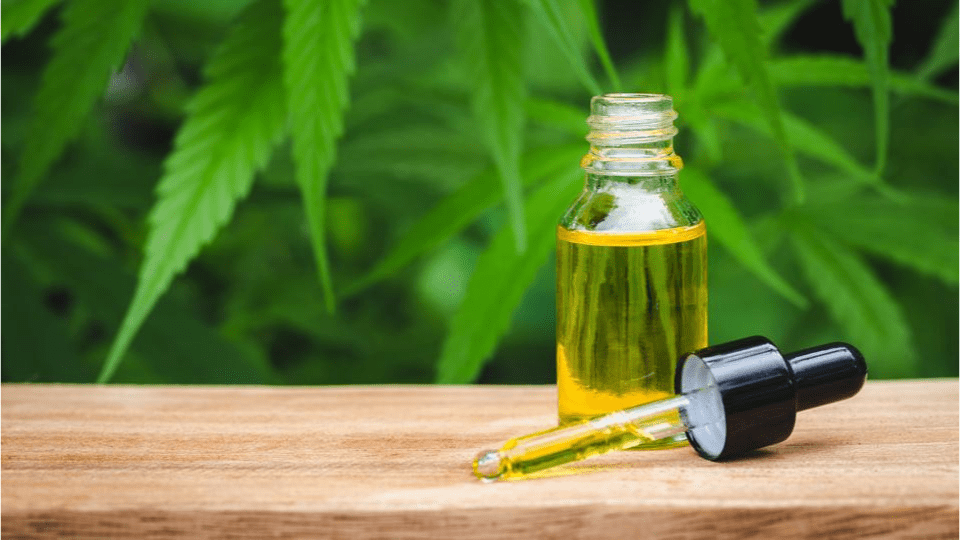Cannabidiol (CBD) enriched with terpenes may provide a safe and effective treatment option for autism spectrum disorder and is more effectice than CBD alone.
This is according to a case report study being published in the journal Frontiers in Pharmacology and epublished by the U.S. National Library of Medicine.
“Cannabidiol (CBD) rich products are successfully used in some countries for treating symptoms associated with autism spectrum disorder (ASD)”, states the study’s abstract “Yet, CBD provides insufficient intervention in some individuals, or for some characterizing symptoms of ASD, raising the need for improved compositions.”
The current study presents a case wherein pure CBD was sufficient for treating ASD during childhood and early adolescence. However, it became insufficient during puberty, and increasing the CBD dose did not result in significant improvement.
“Enriching the pure CBD with a carefully selected blend of anxiolytic and calming terpenes, resulted in gradual elimination of those aggressive events”, found researchers. “Importantly, this was achieved with a significantly reduced CBD dose, being less than one-half the amount used when treating with pure CBD.”
The study states that “This case demonstrates a strong improvement in efficacy due to terpene enrichment, where pure CBD was not sufficient. Combined with terpenes’ high safety index and the ease with which they can be incorporated into cannabinoid-containing products, terpene-enriched CBD products may provide a preferred approach for treating ASD and related conditions.”
Researchers note that “The careful selection of terpenes to be added enables maximizing the efficacy and tailoring the composition to particular and changing needs of ASD subjects, e.g., at different times of the day (daytime vs nighttime products).
The full abstract of this case report can be found below.
Abstract
Cannabidiol (CBD) rich products are successfully used in some countries for treating symptoms associated with autism spectrum disorder (ASD). Yet, CBD provides insufficient intervention in some individuals, or for some characterizing symptoms of ASD, raising the need for improved compositions. The current study presents a case wherein pure CBD was sufficient for treating ASD during childhood and early adolescence. However, it became insufficient during puberty accompanied by increased hyperactivity, agitation, and frequent severe aggressive behavior. Increasing the CBD dose did not result in significant improvement. Enriching the pure CBD with a carefully selected blend of anxiolytic and calming terpenes, resulted in gradual elimination of those aggressive events. Importantly, this was achieved with a significantly reduced CBD dose, being less than one-half the amount used when treating with pure CBD. This case demonstrates a strong improvement in efficacy due to terpene enrichment, where pure CBD was not sufficient. Combined with terpenes’ high safety index and the ease with which they can be incorporated into cannabinoid-containing products, terpene-enriched CBD products may provide a preferred approach for treating ASD and related conditions. The careful selection of terpenes to be added enables maximizing the efficacy and tailoring the composition to particular and changing needs of ASD subjects, e.g., at different times of the day (daytime vs nighttime products).







